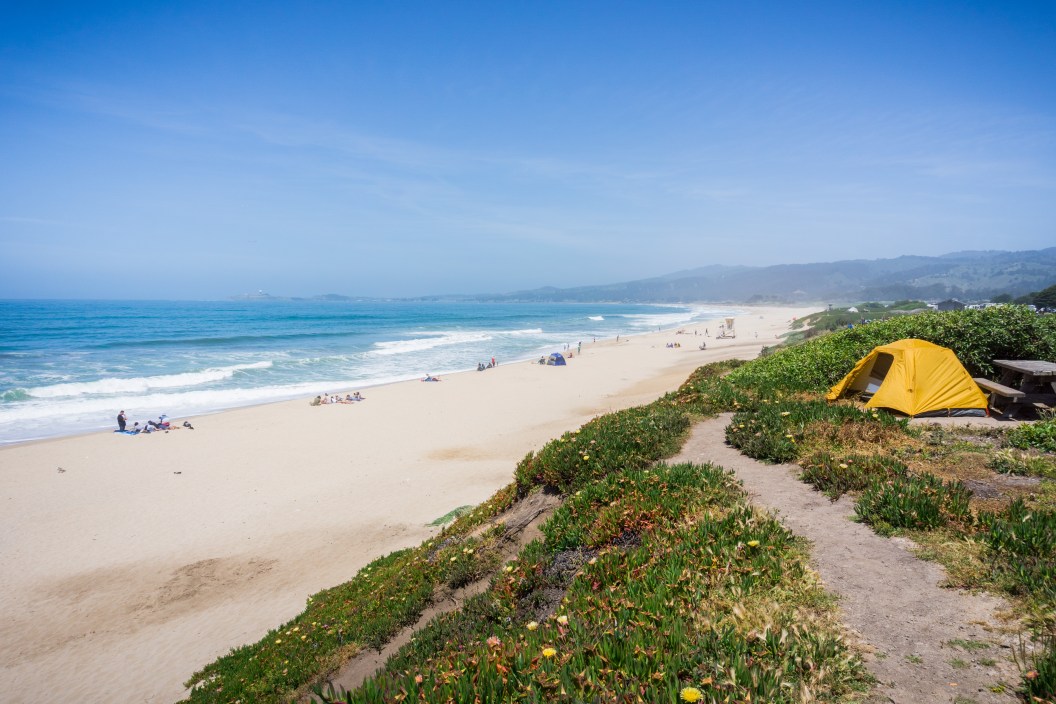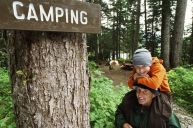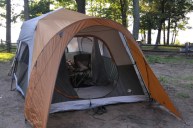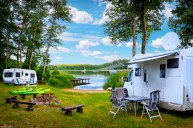We've all been there. Hunched over our computer at 11:59 p.m., three months to the day that you plan a road trip, waiting for camping reservations to open online so you can jump on it before anyone else does. It's stressful, exhausting, and frankly, takes a lot of the fun out of camping.
California has more state park land than any other state, but with over 7 million people going camping per year, campgrounds are often fully booked months in advance. The state's new law, known as Bill 618, will take effect in 2024 and aims to alleviate some reservation frustration for campers by levying fees against would-be campers who cancel late—and even banning campers who repeatedly no-show.
The Issues with Camping Reservations
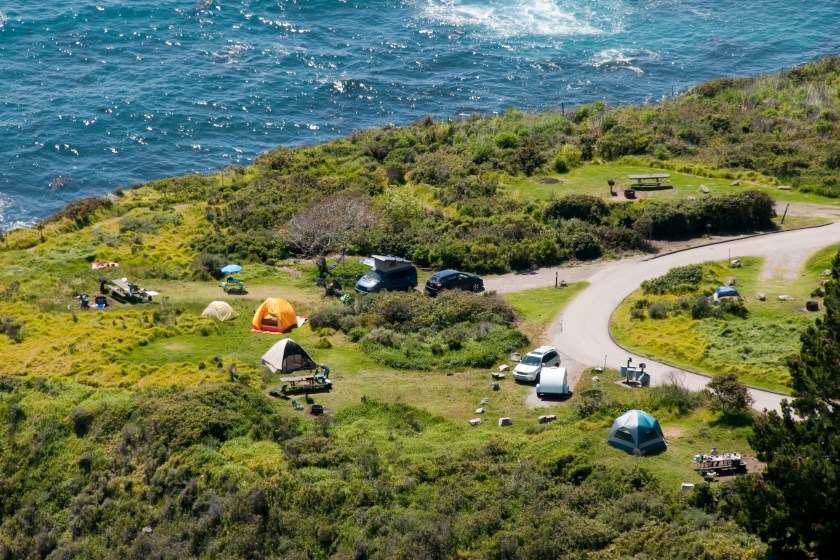
Getty Images, Nnehring
Desperate bids to secure campsites are becoming more common as camping continues to gain popularity in our post-COVID world. According to a survey conducted by The Dyrt, 15 million Americans went camping for the first time in the last two years. This massive upswing in the number of campers brought about a subsequent increase in the demand for campsites. And to make matters worse, despite having to book months in advance (or perhaps because of), fully booked campgrounds often have empty spots from people who cancel on short notice or simply don't show up.
"Unfortunately, our current outdated reservation system has led to a situation where many campsites are left empty," said Rebecca Bauer-Kahan, the assembly member who introduced the California bill, to Backpacker.com. But she doesn't blame the campers for the empty sites. "By promoting responsible reservation practices, we can increase access to these vital resources."
What California Bill 618 Aims to Do
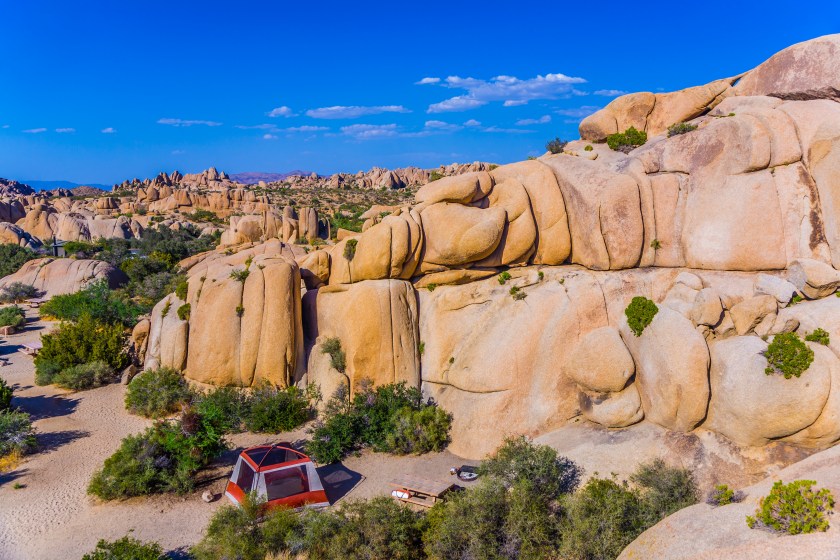
Getty Images, travelview
The new bill is set to overhaul the rules around reserving and canceling campsites. Campers will have seven days before their arrival to cancel their booking, otherwise they lose their reservation fee, the cost of the first night's stay, and are charged an $8 cancellation fee. It's hoped that these penalties will push people to cancel reservations in advance rather than no-show, so that other people can book the now-empty site.
If campers simply no-show, the state parks agency will cancel the remainder of their booking so that someone else can take the site. If they no-show three times in a year, the California State Parks could ban them from making any new reservations. There will also be a cap of 30 days that a person can stay at the same campsite per year, and during peak seasons, the length of stay will be limited to seven consecutive nights.
The bill also requires a lottery system to be created for sites in the state's five most popular destinations by 2025. The state will determine the most popular destinations by the number of bookings six months in advance. Finally, the bill will provide a 25 percent discount on campsites for holders of the Golden Bear Pass, a program that provides low-income residents free admission to the state parks.
The New Camping Reservation Rules Have Wide Backing
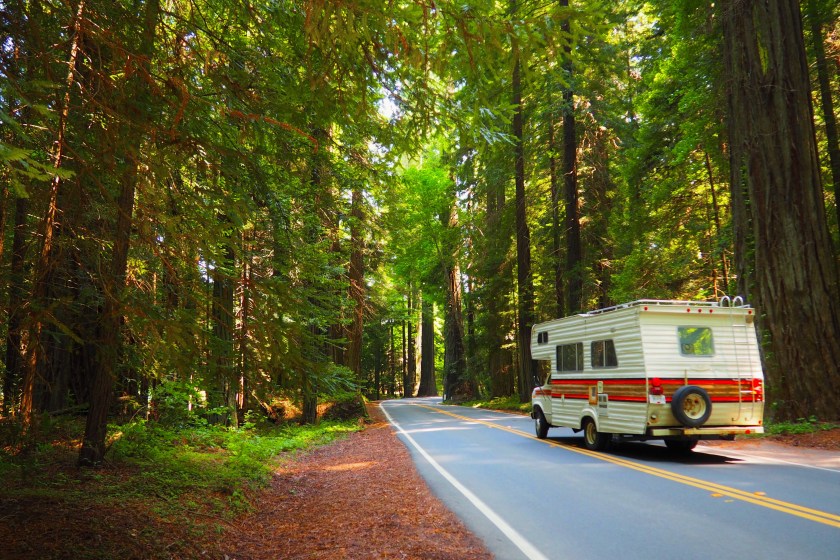
Getty Images, JessicaHarrison
While some may seem like a lot of red tape for camping, it will hopefully make California's campsites more accessible and less stressful to reserve by holding people to some basic reservation ethics. The bill was voted into legislation unanimously and has received plenty of outside support.
"While it is great many of State Parks' camping and lodging sites are extremely popular, this popularity limits access to overnight stays at many of California's most beautiful locations," the California State Parks Foundation wrote in support of the bill. "(This bill) proposes changes to the reservation system that incentivize early cancellations, which in turn should make more campsites available to everyone."
READ MORE: These Popular Camping Spots Are Near Impossible to Book
